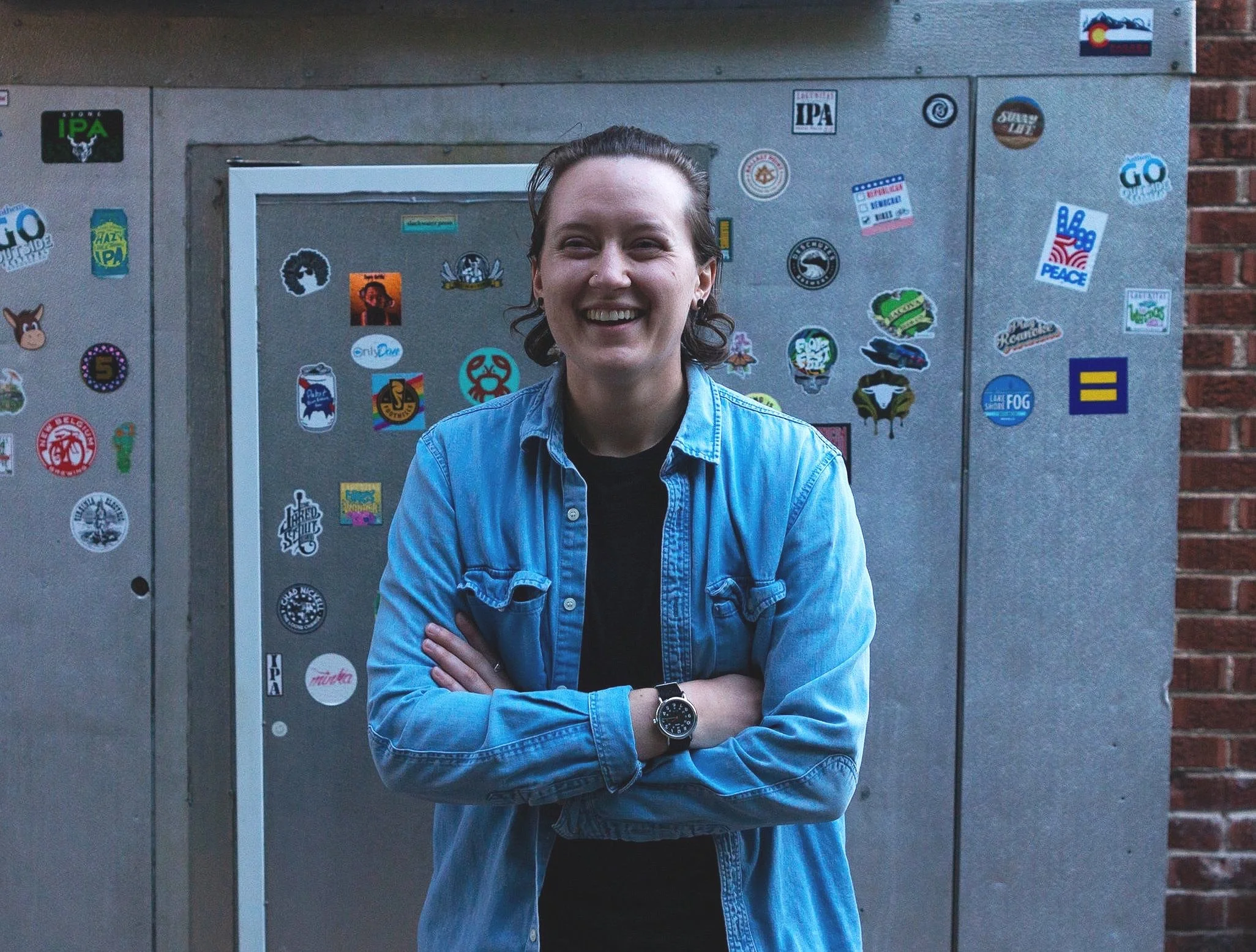Photo by Dave Coulson for PWB School and Limitless Horizons Ixil
Throughout Central America, about 30 different Mayan languages are spoken, all of which are at risk of disappearing. Ixil is a language spoken in three specific areas of Guatemala, including Chajul, a small region near the country’s center that has maintained a rich Mayan culture. For most Ixil people, their indigenous language is their first language, and many do not speak Spanish, centuries after the Spanish first colonized the area.
In the late nineteenth century, political changes in Guatemala forced the Ixil to give up half of their traditional land. Still, they tenaciously held onto their traditional knowledge of how to live and prosper in their environment.
Starting in 1960, the Guatemalan Civil War had a devastating impact on the Ixil population. The government's military regime massacred thousands of Maya civilians, and many remain unaccounted for. The 36-year war also had a tremendous impact on access to education, resulting in a significant decline in literacy rates among adults.
Photo by Lindsey Michelle Williams for PWB School and Limitless Horizons Ixil
Though many students in Chajul drop out of school to help their parents, others fail their classes because they cannot pass their exams in Spanish. Less than 3 percent of male students graduate from high school, and for girls, the graduation rate is just 1.5 percent.
Limitless Horizons Ixil (LHI) is a local NGO that is working to open access to education for girls, and also promote the preservation of Indigenous language and storytelling.
Photo by Lindsey Michelle Williams for PWB School and Limitless Horizons Ixil
The Youth Development Program at LHI works to empower students graduating from middle school who are motivated to study, but lack access to financial resources. Students must pass a basic academic entrance exam, and participate in an interview with staff. Those who are selected then attend a partner school, Colegio San Gaspar. LHI works with the school administration to organize workshops for both teachers and students, and helps to improve infrastructure such as new classrooms and bathrooms.
The program offers scholarships to students, while providing the proper tools to alleviate poverty in the long-term. The LHI Artisan Program also helps mothers of the students to use traditional weaving skills to earn fair wages and contribute to their children’s education.
Photos by Dave Coulson for PWB School and Limitless Horizons Ixil
Josefina, one of the earliest students of the LHI program, came from a large family with seven children. Her family was severely affected by the Civil War, fleeing their home in the mountains of Quiché and forced to move to Chajul 25 years ago, due to violence. The family left their home, their land, and all of their belongings. Her dad saved, little by little, earning less than $40 every month as a farm labourer. Eventually, they were able to buy a small plot of land. Josefina applied to an LHI scholarship without telling her parents.
By the time she had finished middle school, she was already the most educated person in the family and continued on to high school. There, she excelled and was elected as President of her class, while her mom worked in the Artisan Program to earn money for the family. With LHI’s support, Josefina applied for university scholarships and, four years later, graduated with a degree in social work. She became part of the first generation of women from Chajul to graduate from university, paving the way for her younger sibling to follow in her footsteps.
Photos by Lindsey Michelle Williams for PWB School and Limitless Horizons Ixil
“When LHI was first founded, girls didn’t think they would be able to go to middle school. Now, some of those earliest scholars are the first women in Chajul ever to graduate from a university,” said Liz Haffa, Development and Communications Manager. “Youth learned how to read and find joy in it, which opens doors for their futures.”
The staff at LHI are encouraged by the results so far. Eighty percent of the students who started middle school through their Youth Development Program have successfully graduated, and of the first 60 scholars in the high school program, 46 graduated, and 19 went on to attend university.
Photo by Lindsey Michelle Williams for PWB School and Limitless Horizons Ixil
The work of Limitless Horizons Ixil has not only driven change, but has also built a culture of reading, and a vision of the future for the whole community. In 2010, LHI opened the Saber Sin Límites (Limitless Knowledge) Community Library, the first and only of its kind in Chajul, to further encourage a love for reading, culture, and imagination.
"My daughter has always wanted to spend time at the library. And I've always allowed her that opportunity", said Marta Asicona, a Chajul community member and mother. "I went to elementary school, but during that time we didn't have a library. I can't understand big words, but kids today, they understand everything".
Photo by Lindsey Michelle Williams for PWB School and Limitless Horizons Ixil
"LHI is committed to cultivating a love for reading among Chajul's first generation of educated young leaders,” said Leslie Meyers of LHI. “Community elders are grateful that youth today have opportunities for education that weren't available when they were young.”
PWB is proud to partner with LHI for a 14-Day PWB School workshop in Chajul. Register before July to secure your spot!
For more of Williams’ photos, visit her website: www.lensymichelle.com
This article was first published in PWB Magazine #12.




















